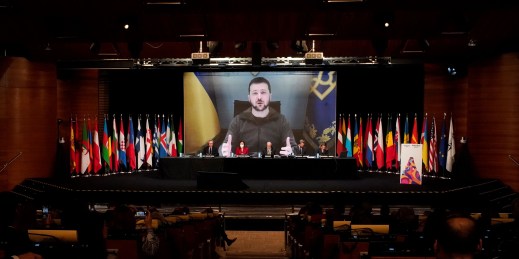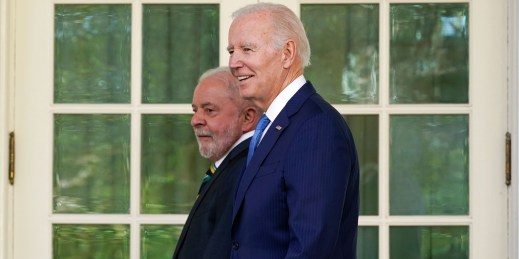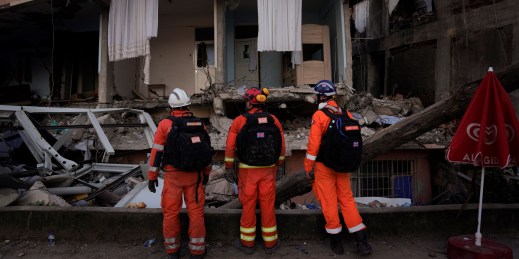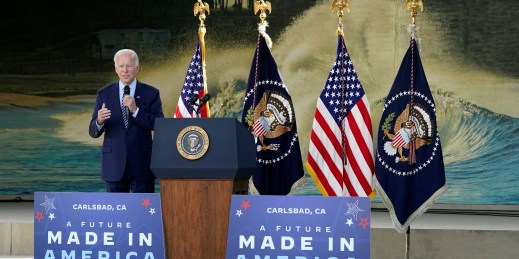
Over the past year, the implications of the war in Ukraine have been the subject of much analysis and debate. It has been a war between two armed forces, but also between two diametrically opposed systems of values. It has been an economic war and a war of competing narratives. But above all, it has been a war of contradictions.



